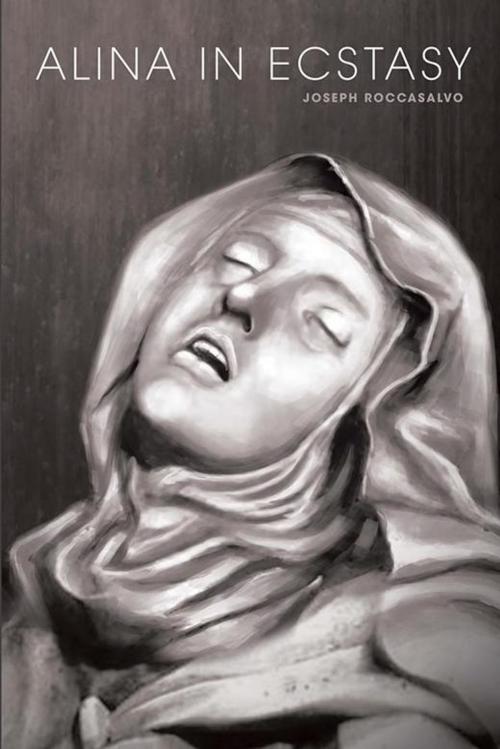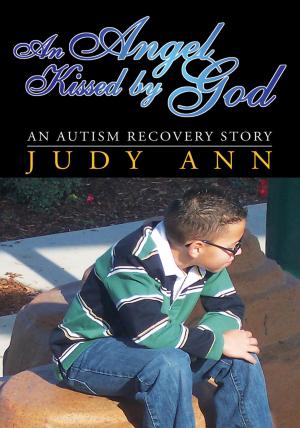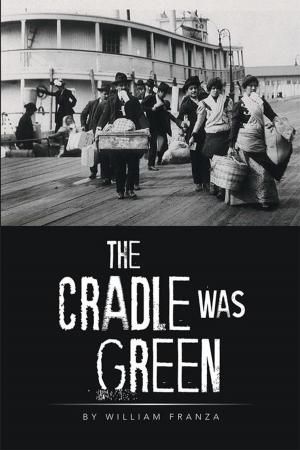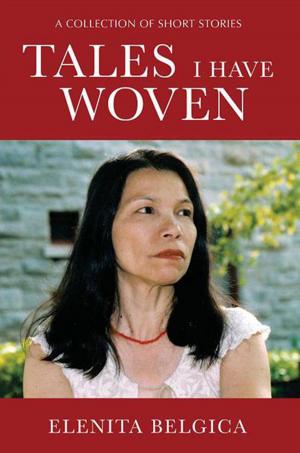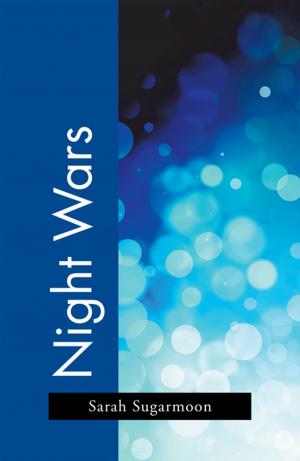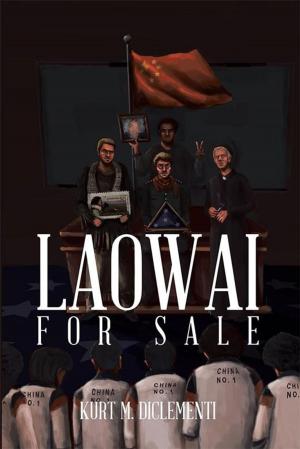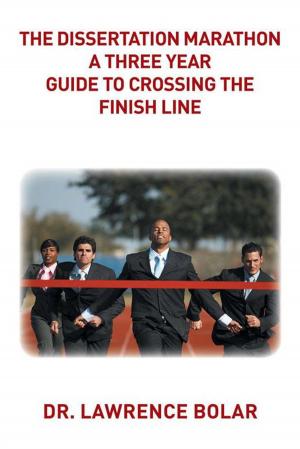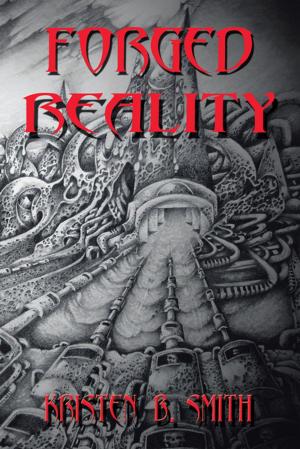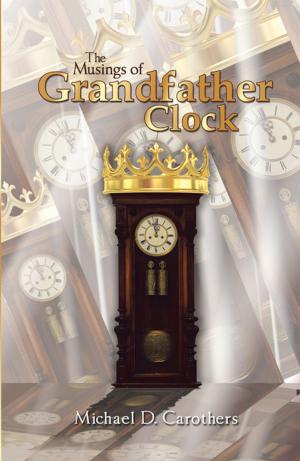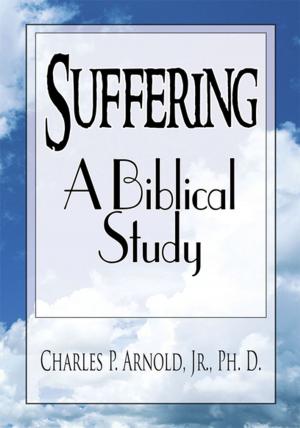| Author: | Joseph Roccasalvo | ISBN: | 9781543441666 |
| Publisher: | Xlibris US | Publication: | August 22, 2017 |
| Imprint: | Xlibris US | Language: | English |
| Author: | Joseph Roccasalvo |
| ISBN: | 9781543441666 |
| Publisher: | Xlibris US |
| Publication: | August 22, 2017 |
| Imprint: | Xlibris US |
| Language: | English |
Alina in Ecstasy is a novel about a man who is a famous writer and intensely hostile to religion. Julian Mandel, more an agnostic than an atheist, is in a rage over a former lover's decision to join the Carthusiansa religious order noted for silence and solitude. When he visits Alina, now Mother Maddalena, she claims not to recognize either Julian or herself as the persons involved in a former sexual relationship. Later, he learns she has died and been declared blessed by the pope. Obsessed by this development, he tries to prevent her advancement to sainthood. But when Julian is cured of terminal cancer, which the Vatican believes is a second miracle owed to Alina's intervention, he prays for the return of his cancer. When it does, he cannot avoid the thought that Alina has intervened to subvert her own canonization. The Vatican quickly responds by declaring that no protocol exists for treating as miraculous the reversal of a former miracle. This novel is meant to be spiritual reading cast as a psychological thriller: to inform a secular audience, against all odds, that love is stronger than death. The effort has succeeded if it fuses the erotic with the mystical like Berninis statue of Saint Teresa now viewed through the medium of fiction. Alina in Ecstasy is intent on its goal: to tell how a saint is made. Miracles are the hook.
Alina in Ecstasy is a novel about a man who is a famous writer and intensely hostile to religion. Julian Mandel, more an agnostic than an atheist, is in a rage over a former lover's decision to join the Carthusiansa religious order noted for silence and solitude. When he visits Alina, now Mother Maddalena, she claims not to recognize either Julian or herself as the persons involved in a former sexual relationship. Later, he learns she has died and been declared blessed by the pope. Obsessed by this development, he tries to prevent her advancement to sainthood. But when Julian is cured of terminal cancer, which the Vatican believes is a second miracle owed to Alina's intervention, he prays for the return of his cancer. When it does, he cannot avoid the thought that Alina has intervened to subvert her own canonization. The Vatican quickly responds by declaring that no protocol exists for treating as miraculous the reversal of a former miracle. This novel is meant to be spiritual reading cast as a psychological thriller: to inform a secular audience, against all odds, that love is stronger than death. The effort has succeeded if it fuses the erotic with the mystical like Berninis statue of Saint Teresa now viewed through the medium of fiction. Alina in Ecstasy is intent on its goal: to tell how a saint is made. Miracles are the hook.
